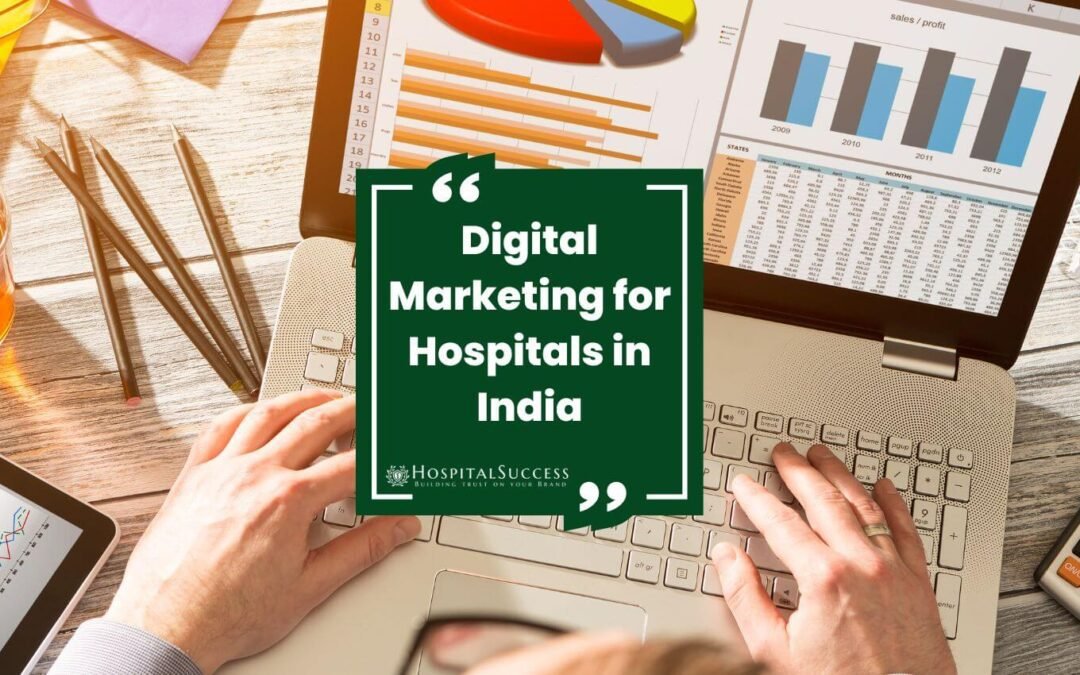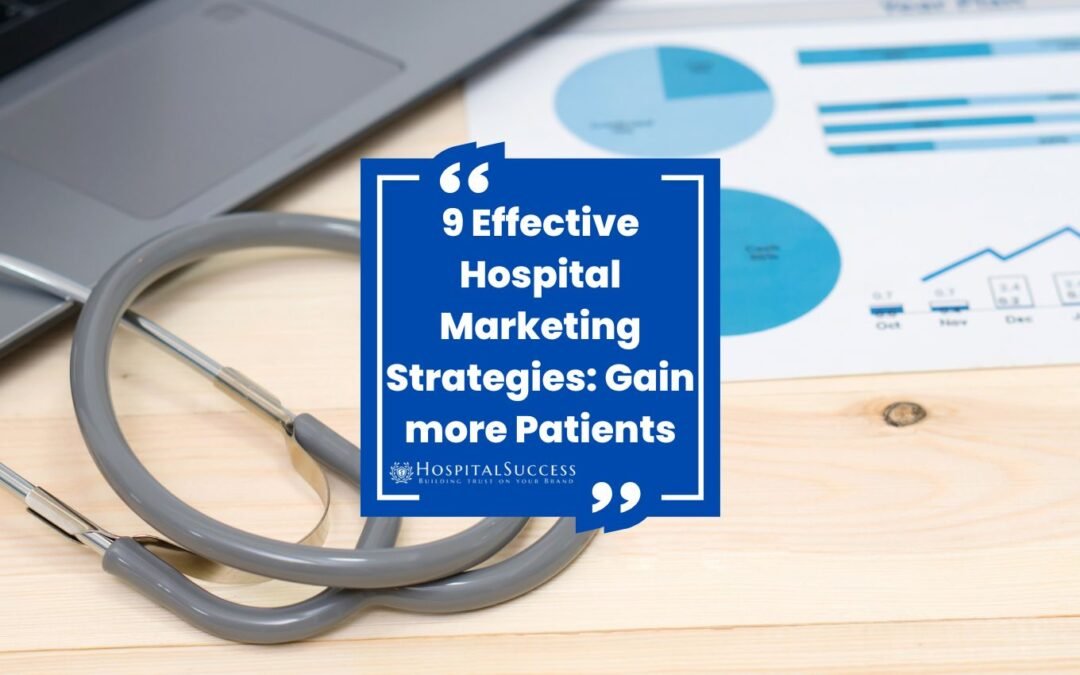In today’s rapidly evolving healthcare industry, succeeding in the business requires a strategic approach that aligns with the latest trends and demands. With advancements in technology, changing patient expectations, and regulatory shifts, healthcare businesses must adapt to stay competitive. This article provides valuable insights and tips on how to succeed in the healthcare business in 2023.
Introduction:
The healthcare industry is experiencing significant transformations, driven by technological advancements and changing patient needs. To succeed in this dynamic landscape, healthcare businesses need to be proactive and agile. This article outlines key strategies to help healthcare organizations thrive in 2023 and beyond.
1. Embrace Digital Transformation
Digital transformation is revolutionizing healthcare by improving efficiency, communication, and patient outcomes. Embracing electronic health records (EHRs), telemedicine, wearable devices, and AI-driven analytics can streamline processes, enhance decision-making, and optimize patient care.
2. Enhance Patient Experience
Providing exceptional patient experiences is vital for healthcare businesses. Focus on personalized care, shorter wait times, and seamless communication channels. Implement patient portals, online appointment scheduling, and feedback mechanisms to ensure patient satisfaction and loyalty.
3. Emphasize Data Security and Privacy
As healthcare organizations digitize their operations, safeguarding patient data becomes paramount. Invest in robust cybersecurity measures, train staff on data protection protocols, and comply with privacy regulations like HIPAA. Maintaining trust and confidentiality is crucial for sustainable success.
4. Build Strong Partnerships
Collaboration with other healthcare providers, insurers, and technology companies can foster innovation and create synergies. Form strategic partnerships to enhance service offerings, access new markets, and share resources and expertise. Strong alliances contribute to overall growth and competitiveness.
5. Leverage Telehealth Services
Telehealth has gained significant traction, especially during the COVID-19 pandemic. Expand your services by offering virtual consultations, remote patient monitoring, and telemedicine solutions. This approach improves access to care, convenience, and extends your reach to a broader patient base.
6. Focus on Preventive Care
Shifting the focus from reactive treatment to preventive care can lead to better patient outcomes and reduced healthcare costs. Develop wellness programs, health screenings, and educational campaigns to promote healthy lifestyles and disease prevention. Prevention is not only beneficial for patients but also for the sustainability of your business.
7. Implement Efficient Revenue Cycle Management
A well-optimized revenue cycle management process ensures timely reimbursement and financial stability. Streamline billing and coding procedures, minimize claim denials, and maximize revenue capture. Regularly analyze financial data and key performance indicators to identify areas for improvement.
8. Prioritize Employee Engagement and Well-being
Engaged and satisfied employees are essential for providing quality care and driving business success. Create a positive work culture, offer professional development opportunities, and recognize achievements. Promote work-life balance and prioritize employee well-being, which will lead to increased productivity and retention.
9. Stay Compliant with Regulatory Changes
The healthcare industry is subject to evolving regulations and compliance standards. Stay updated with the latest guidelines, such as the Affordable Care Act and interoperability requirements. Develop robust compliance programs, conduct regular audits, and train employees to ensure adherence to regulatory obligations.
10. Utilize Predictive Analytics
Leverage the power of data analytics to make informed decisions and improve operational efficiency. Predictive analytics can help identify patient trends, optimize resource allocation, and enhance clinical outcomes. Utilize data-driven insights to drive strategic planning and optimize business performance.
11. Invest in Continuous Learning and Development
The healthcare landscape is ever-evolving, making continuous learning and professional development crucial. Encourage your workforce to acquire new skills, attend conferences, and pursue certifications. Investing in ongoing education ensures that your organization remains at the forefront of industry advancements.
12. Foster Innovation and Research
Encourage a culture of innovation within your organization. Allocate resources for research and development to explore new treatments, technologies, and methodologies. Foster collaboration between clinicians, researchers, and technology experts to drive innovation and improve patient care.
13. Enhance Marketing and Branding Strategies
Effectively promote your healthcare services through strategic marketing and branding initiatives. Develop a strong online presence, engage with patients through social media, and leverage content marketing to educate and inform. Differentiate your brand by highlighting unique selling points and patient success stories.
14. Conclusion
In the ever-evolving healthcare industry, succeeding in the business requires a multifaceted approach. By embracing digital transformation, prioritizing patient experience, ensuring data security, fostering partnerships, and staying ahead of regulatory changes, healthcare businesses can position themselves for success in 2023 and beyond.
FAQs
1. How can digital transformation benefit healthcare businesses?
Digital transformation can improve efficiency, communication, and patient outcomes. It enables streamlined processes, enhanced decision-making, and optimized care delivery.
2. What steps can healthcare organizations take to enhance patient experience?
Healthcare organizations can enhance patient experience by providing personalized care, implementing online appointment scheduling, and leveraging patient feedback mechanisms.
3. Why is data security important in the healthcare industry?
Data security is crucial in the healthcare industry to protect patient information from breaches and maintain trust and confidentiality.
4. How can healthcare businesses foster innovation?
Healthcare businesses can foster innovation by investing in research and development, encouraging collaboration, and promoting a culture of innovation within the organization.
5. Why is continuous learning important for healthcare professionals?
Continuous learning ensures healthcare professionals stay updated with industry advancements, acquire new skills, and deliver high-quality care to patients.











0 Comments